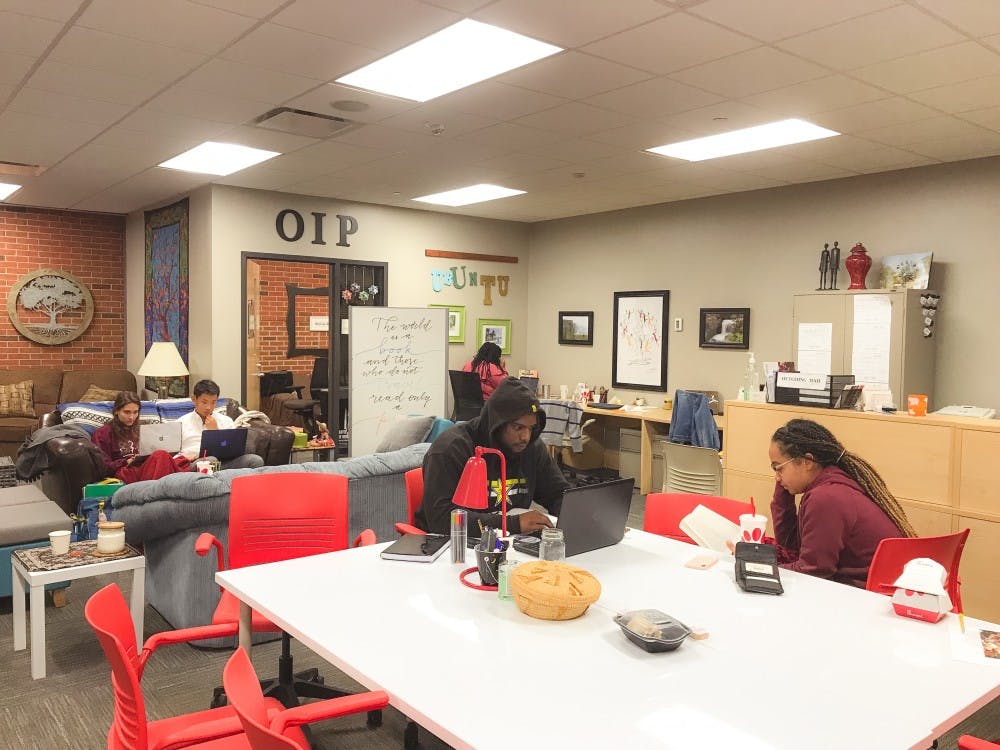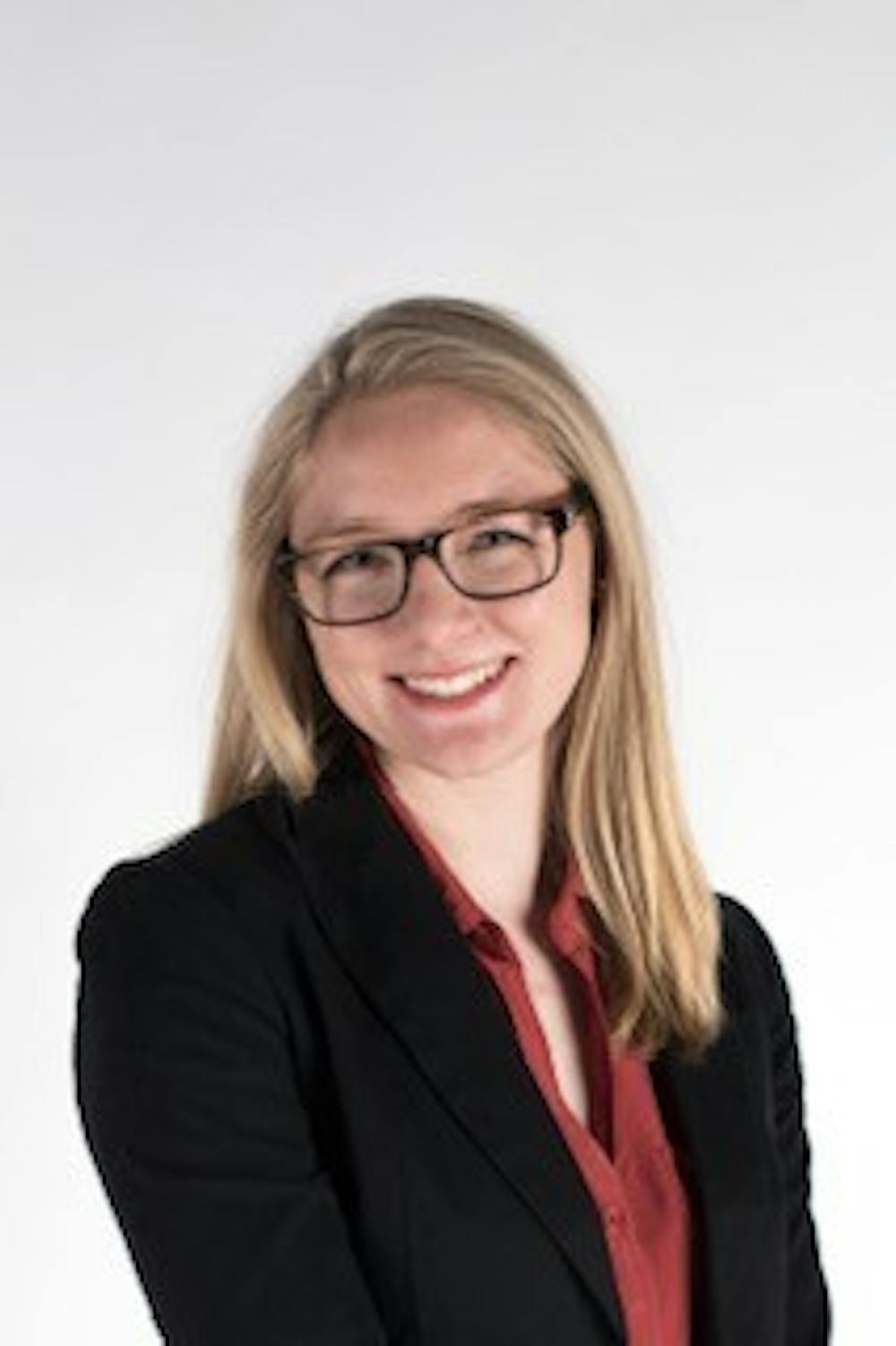By Abby Crosley | Contributor
In the words which follow, I pray that I have heeded the warning laid out in Proverbs 18:2, "A fool takes no pleasure in understanding, but only in expressing his opinion." Give me grace as you read my words and let us engage in this conversation with civility and genuine humility.
A few weeks ago, I was asked to write an article about why white American students should engage with the Office of Intercultural Programs (OIP). I grieve that such an argument is necessary within the Body of Christ. We should not need to be persuaded to love part of the body! But I see the need for this argument, as many (myself included) shift in the uncomfortableness of engagement.
First, however, I feel the need to clarify a few points. There are already many white students deeply involved with OIP. In fact, 7 out of the 16 OIP executive cabinet members are white. Additionally, OIP is constituted of 8 cabinets. Each is vastly different, and full of dynamically different people. If you want to "engage with OIP," you'll need to figure out which part!

The purpose of OIP is to provide a supportive community for minority culture students and to equip the broader campus to engage cross culturally by bringing them into contact with the beauty of the diversity of the body of Christ, according to Director of OIP Felicia Case. Many white American students are hesitant to embrace OIP because they feel uncomfortable with its "safe space" role. There is a sense that, even though the programming is directed at them, they don't really belong. While I understand this uneasiness, we must be careful to not make the needs of others about our own fragility. On our campus, 81.7% of students and 93.7% of faculty are white Americans, according to collegefactual.com. In terms of institutional diversity, Taylor ranks an abysmal 2,084 out of 2,718 academic institutions nationwide.
As white American students, we must earnestly grapple with the root of our motivation to engage with OIP. Dietrich Bonhoeffer (roll your eyes but stick with me) warns that, "He who loves his dream of a community more than the Christian community itself becomes a destroyer of the latter, even though his personal intentions may be ever so honest and earnest and sacrificial." We must be wary of selfishly avoiding our own uncomfortableness.
As Bruce Benson advises in his book "Graven Ideologies," we must ask ourselves if we are motivated by a desire to, "control that which is other to me by making it mine," when engaging in OIP.
Although our motivations are fundamental, I think that our uncomfortableness often stems from a less philosophical problem: walking into OIP is intimidating. The door is closed (contrary to popular belief, it's not locked) and the students always appear to be in meetings. But OIP is not an exclusive club! Anyone is welcome; yet there are rules of engagement. If this seems harsh, let me remind you that everyone accepts these rules in the DC. Technically, you could sit at any DC table with a bunch of strangers. No one would tell you to move, but it would feel uncomfortable, forced and disruptive. Likewise, if you don't know anyone in OIP, stepping into it can feel uncomfortable.
I encourage you to push through the uncomfortableness. Get to know individuals involved in OIP on your wings and floors. Attend the events their cabinets create. Support the causes they advocate for. Listen, educate yourself and press in. Engage with OIP, but don't engage blindly.





